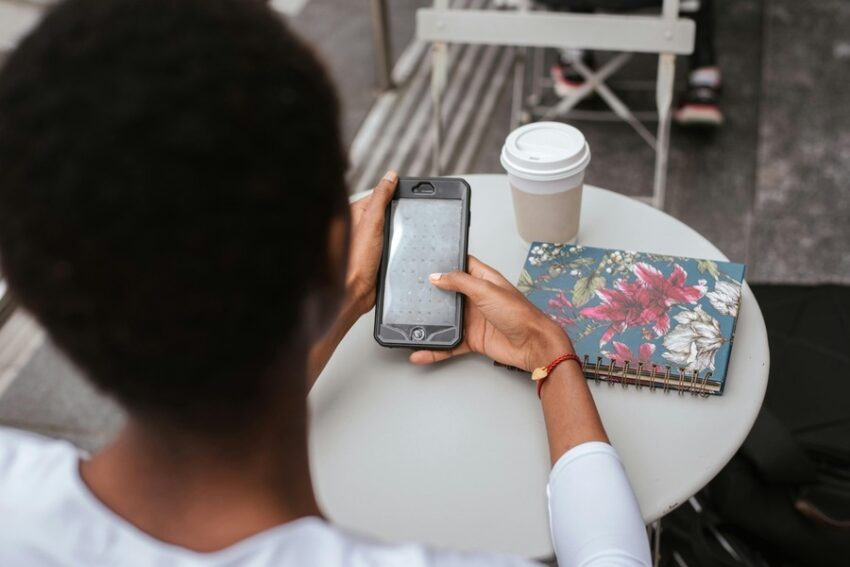In today’s world, our phones are practically extensions of our hands. Whether we’re doom-scrolling Instagram before bed or replying to emails over dinner, it’s easy to lose track of how much digital noise we’re letting in. But here’s the thing: your mental health pays a price. That’s where digital detox tips come in. These aren’t about ditching your phone entirely (let’s be real, we need it!), but about creating balance. And once you start, you’ll feel the difference not just mentally but even physically, including benefits like improved focus and yes, even hints on how to improve gut health (you’ll see how soon!).
The Day I Couldn’t Stop Scrolling
My main events began because of a five-minute supposed break. I used to check my phone between meetings, but suddenly I noticed 45 minutes slipping by watching random videos and news articles that only increased my anxiety. Tired and irritable all night with not a creative thought to fuel my mind, the realization dawned on me that I was not just in mental fatigue; I was digitally exhausted.
That day I promised myself I would employ some digital detoxing approaches to recharge. No screens for an hour before hitting the sack. No notifications when eating. It seemed awkward at first, like I was missing out. But within a week or so, I noticed: my sleep began to improve; mornings mellowed out for me; I also began assembling some healthier meals; and I realized a lighter digestion was what the good effects of being mindful and less stressed brought to gut health.
Mindful Swaps for Mindless Scrolls
Let’s get real for a moment: cutting back on screen time is hard because it is deep relaxation for the human spirit. However, the goal is not to get rid of relaxation altogether but to have something more nourishing replace low-quality relaxation.
Here is what to do instead of scrolling for 30 minutes at night:
- A quick walk or some stretching
- Listening to music without distractions
- Writing in your journal
- Reading a few pages of a book
One of the easiest ways to detox digitally is just setting some screen time limits or getting one of those apps that gently chides you when you’ve been on Instagram too long. It’s those little boundaries that really count.
Your Brain on Less Screen Time
What is the effect of intentionally backing away from your phone? Clarity. Your brain finally gives itself a break from perpetual input. Focus intensifies; it is easier to be present in conversations and to handle stress with less effort. No surprises there, tech-free time is also known to enhance productivity and creativity.
A less cluttered mind is good for the body. They say less screen time means less binge-eating at night and more restful sleep; better digestion also comes with a decreased level of stress hormones, which is a bigger picture of how to advance gut health.
Final Thoughts: Balance Not Banishment
It’s really a matter of awareness, boundaries, limits, and respect, rather than deleting apps or becoming a ghost from the internet. Mental health can be protected with changes that are less extreme but still effective.
Below are the most suitable ideas of the digital detox that have been successful:
- Set strict screen-free periods (especially before bed!)
- Use focus apps or screen time trackers
- Plan time for hobbies that do not involve a device.
- Eat without your phone or tablet.
Start at a small step, and be consistent, and before you know it you will have more life by limiting screen time.

